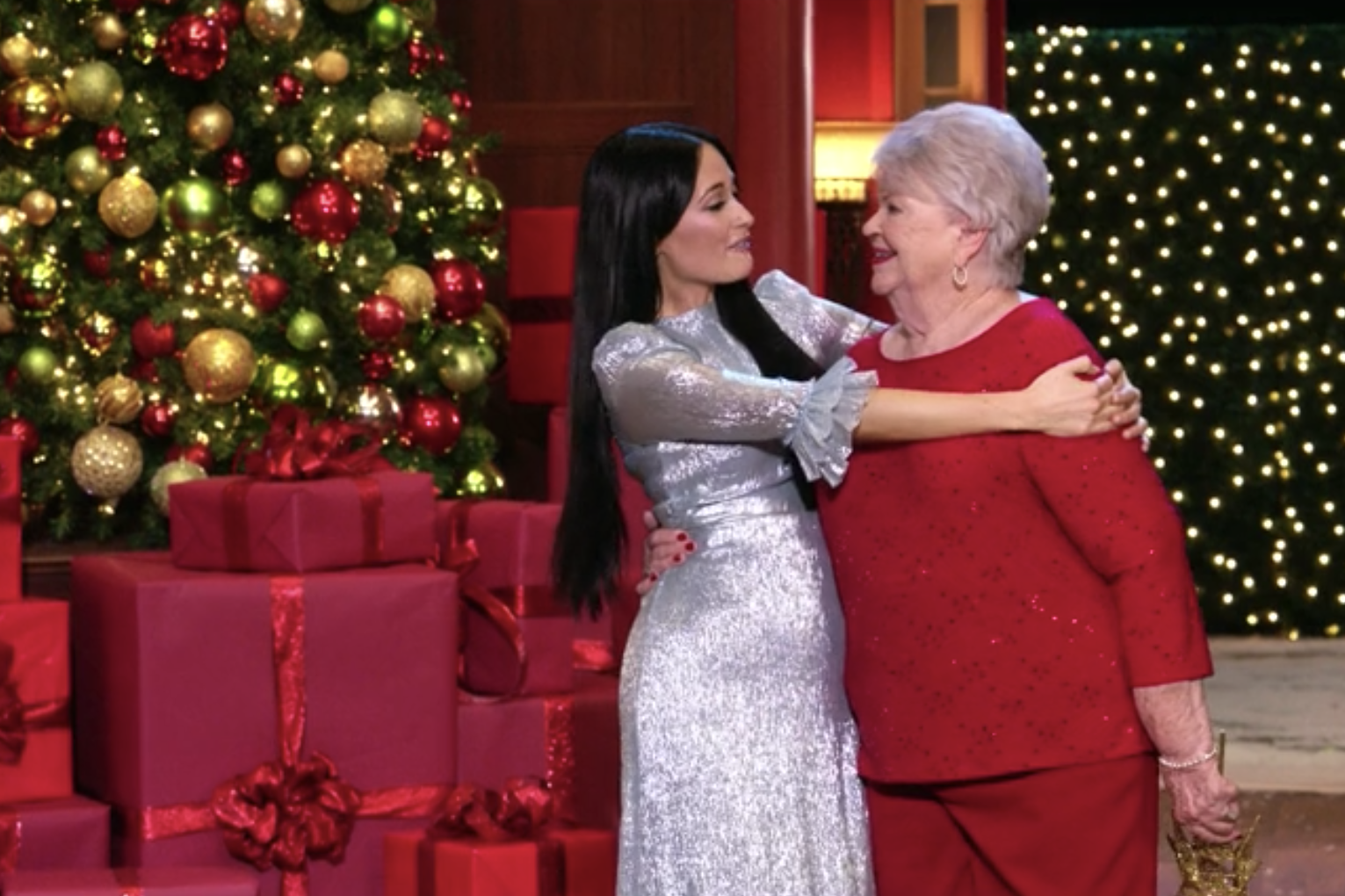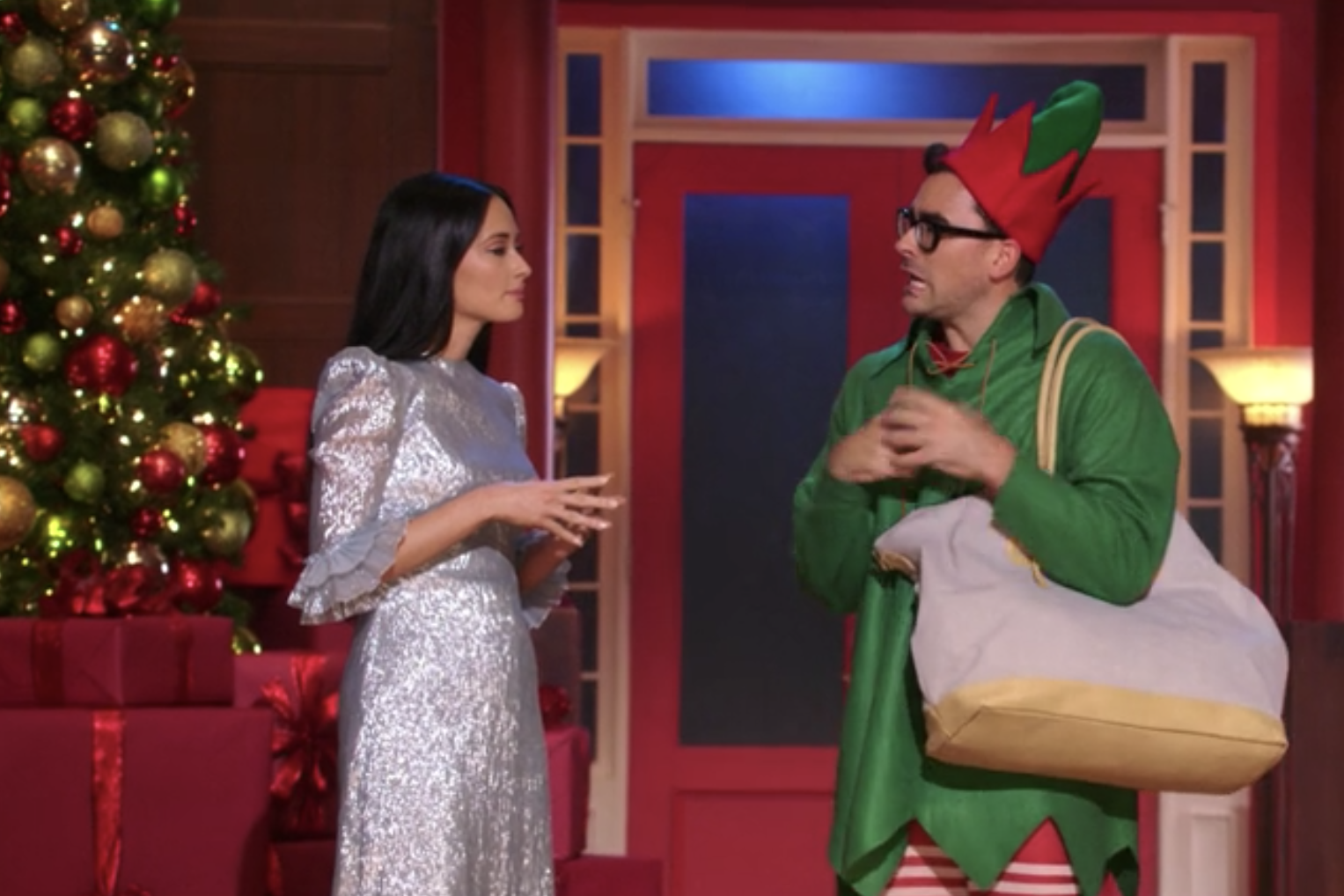For almost a decade, I have, very openly, been the Grinch — a curmudgeonly Jew with a pulsing dislike for Christmas.
The endless replay of Christmas songs made my ears ring unpleasantly. The chopped trees littering streets filled me with impossible melancholy, longing to see them in verdant winter woods instead of on mucky city streets, only to witness the piney trails of their dumpster death marches in my building’s hallways a few weeks later. It may seem like pathos, but my hate was genuine. As an Israeli native now living in America, Christmas seemed endlessly awful. And so, I wrote about it for Alma, in an article my lovely editor aptly titled “I’m Sorry but I Really Hate Christmas.”
Since the publication of that article, my work Slack icon has been some version of the Grinch. I thought I would forever be committed to that role — personally and professionally. And I was ready for it.
Unfortunately, just like the Grinch, I feel I am going through one final transformation. Since I published my Grinch manifesto two years ago in these here (virtual) pages, my heart has been growing a modest amount of sizes.
Yes, it could have something to do with the fact that I became a mother last year. But ultimately, it was country singer Kacey Musgraves who helped my heart swell up enough and shed its Grinchy ways.
How did she do that, exactly? Well, Musgraves released a Christmas special last month that is truly star-studded, including some of my favorite members of the tribe like singer Troye Sivan and his highness Dan Levy.
I happen to love Kacey Musgraves. Her music has helped me power through some very hard and painful times. I’m also a fan of her candid and uninhibited online persona when it comes to both the political and the personal. Musgraves may not be a member of the tribe, but she sure has some serious chutzpah.
So despite the fact that I had never watched a Christmas special before, I decided I needed to watch “The Kacey Musgraves Christmas Show,” and thus set off my unexpected yuletide transformation.
Before you ask, I am not here to argue that Musgrave’s special is a great piece of television. Aside from the outfits (which are to die for) and the music (which is bewitching), there is nothing especially remarkable about it.
But art doesn’t have to be outstanding to change us. It only has to touch us in just the right way. And Kacey Musgraves’ Christmas special did.
To begin with, it taught me that Christmas is sad — and that’s what makes it beautiful.
When I wrote about my disdain for the holiday, I mentioned the grating quality of Christmas music. But Musgraves reminded me that there is one kind of Christmas music that I absolutely adore — sad Christmas music.
In the special, she sings a sad song from her 2016 Christmas album called “Christmas Always Makes Me Cry.” Before the song, she acknowledges that Christmas makes a lot of people blue: “It feels like we’re supposed to be happy during the holidays, but sometimes they just make you really sad,” Musgraves says, wearing a gorgeous flowery outfit adorned with white and pink plumage.
I have always loved sad songs, and the sad songs about Christmas are particularly beautiful.
There are the classics, like Elvis’ “Blue Christmas” and the oh-so-great “Last Christmas” (I miss you, George Michael). There’s more artistic interpretations like Simon And Garfunkel’s “7 O’Clock News/Silent Night” which is the classic Christmas ditty juxtaposed with gruesome news stories. There’s “Christmas Lights” by Coldplay about the quiet, small sadness of a couple going through a particularly nasty fight. There’s Aimee Mann’s gorgeously angry and lonesome “Calling on Mary” and I must say, I’m quite partial to Miley Cyrus’ aptly named “My Sad Christmas Song.”
These songs all touch on the loneliness and angst that often comes along with the holiday season, and that can apply to Jews and Christians alike.
In my rant against Christmas, I kept hammering on about how hard the inundating presence of Christmas was for me, but I didn’t realize that it is not an easy holiday, even for those who celebrate it. The pageantry is taxing for those who cannot afford it. The jovial and familial atmosphere is weighing for those who have more complicated relationships with their families. In that way, Christmas is like every major holiday, even the Jewish ones.
Towards the end of the special, Musgraves has a moving reunion with her nana, who comes in all the way from Texas to appear in her special.

After the adorable scene, Dan Levy, who has served as a Grinchy sort of narrator to the show, is verklempt. “The Christian half of me finally gets what this holiday is about,” Levy admits.
While it is not mentioned that Levy’s other half is, indeed, Jewish, it was an important reminder for me that not all Jews (or Christians) grow up with one faith.
Since I wrote my Grinch manifesto, I’ve realized that hating on Christmas is also alienating to those Jews who feel just as Jewish as I do, but still celebrate and love Christmas because of a non-Jewish parent or spouse.
To say it plainly, that’s just not cool. While Jews should be able to celebrate Hanukkah without being made lesser than for not celebrating Christmas, Jews who do celebrate Christmas should not be made to feel lesser than, either.
But the ultimate de-Grinching moment happened when I remembered my own history.
I met my husband on Christmas Eve of 2010 at a strange sort of un-Christmas crawl through New York City (it involved a student apartment, a midnight mass, and a Japanese restaurant). He wore a flat cap and sipped on whiskey; I wore a scarf that I kept fiddling with, my eyes lighting up like the candy cane decorations filling the streets around us.
I had planned to stay at home that night. It was just my second year in America, away from Israel, and I was already very much in Grinch mode. Christmas was not my holiday, and I was adamant to not mark it in any way. And yet I ended up at a party that upended my life and filled it with new meaning.
Maybe that was why my eyes started filling up when Musgraves got to the last song on the special, “Ribbons and Bows,” which is not at all a sad song,
During the final musical number, Musgraves wears a very risque glittery outfit, and joined in song and dance by the Rockettes and also, quite wonderfully, a spinning man in a dreidel costume.
The lyrics are simple: “There’s only one thing that I want and it’s so hard to find,” Musgraves sings about her Christmas desires, “And it’s already mine.”
“Don’t need ribbons and bows to cure my woes,” she belts out. “No, I just need your love.”
It’s a sentiment that’s so familiar. It’s schmaltzy AF. And it hit me right in the heart. As my husband was deriding the special (which I’m sure he was comparing to many excellent and nostalgic specials that he saw as a child) I was doing my best to hide my tears.
Holidays are about love. Yes, it’s such a platitude to say it, but it is inherently true. They are about the love we have for our partners, our families (our nanas, in Musgraves’ case), our religion, and our traditions.
The “ribbons and bows” are all frivolity. So much of what I railed against in my Grinch manifesto is that — and in that way, I stand by it.
But as I glanced at my husband and the credits on the special rolled, I too, just like Dan Levy, finally got the meaning of Christmas. Christmas was beautiful in that moment. It was about family and love. And it is, after all, the genesis of my Jewish family.
So merry Christmas to all those who celebrate it.
Images via Amazon Prime.



